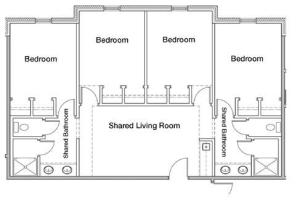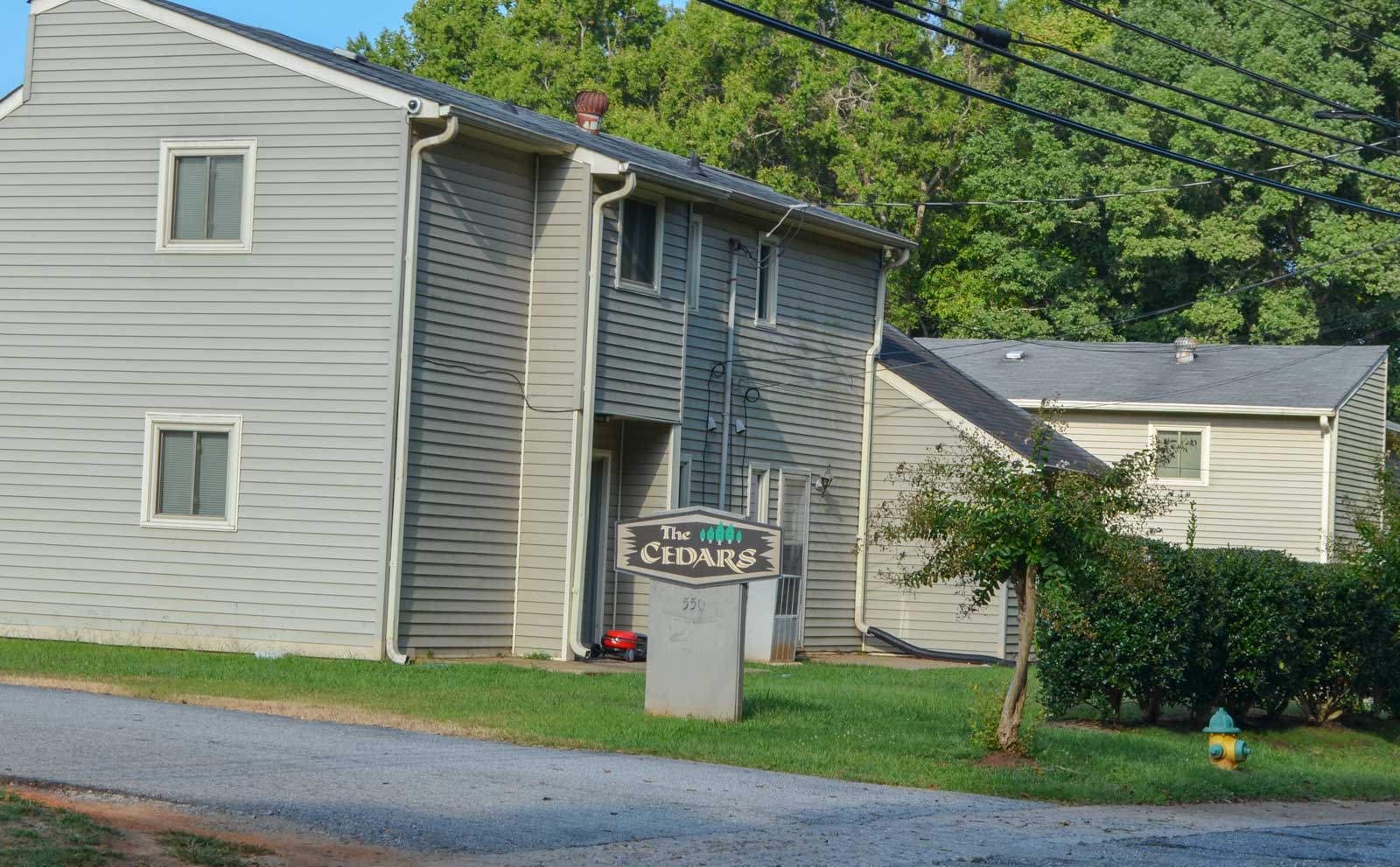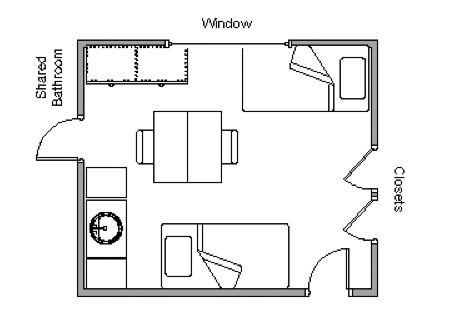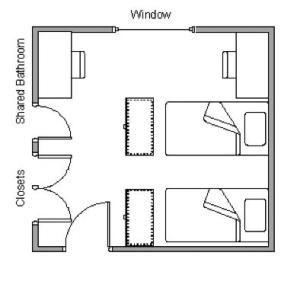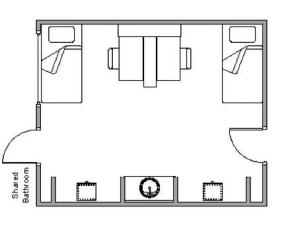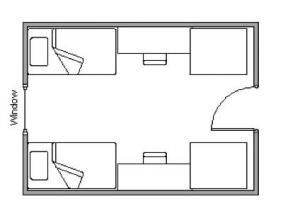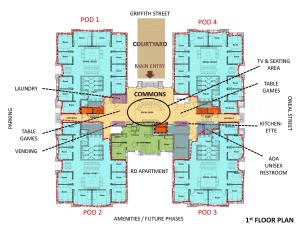Section 504 Grievance Policy & Procedures
The following internal grievance procedures have been adopted for students and employees of Limestone University. A grievance is defined as any dissatisfaction occurring as the result of an individual’s belief that an issue relating to accessibility affects the individual unjustly or inequitably. This may involve allegations of disability discrimination, including disability harassment, carried out by employees, other students, or third parties. The individual has the right to raise a complaint and to have that complaint considered with courtesy and objectivity, in a timely fashion, and without fear of prejudicial treatment or retaliation. In cases of harassment, the University will take steps to prevent reoccurrence of any harassment and to correct discriminatory effects on the grievant and others, if appropriate. An individual with a complaint is encouraged to document and seek resolution within the following process:
- Informal Resolution Process. At any time during the grievance process, the Grievance Administrator may inquire of the parties if they wish to participate in an informal resolution of the grievance. If both the grievant and the respondent agree to do so, the Grievance Administrator will meet with them informally to attempt to resolve the grievance. If a resolution of the grievance is reached between the grievant and the respondent, the agreement shall be reduced to writing and signed by the grievant and the respondent. The grievance will be considered resolved and no further action will be taken on the grievance. In the case of a physical barrier, the individual should contact the Office for Accessibility in an attempt to resolve the complaint through informal means.
- If the grievance is not resolved informally, the individual may initiate a formal grievance by filing a complaint in writing. Documentation should include a narrative of the situation and the name of the individual(s) or entity which the grievant believes engaged in discriminatory action. For this step, the individual may complete the Grievance Form available in the following locations: the office of the ADA Coordinator (Cooper East 100), the Office for Accessibility/504 Coordinator (Fort D 201), or on the Accessibility webpage via the University website. The 504 Coordinator (or in cases of conflict of interest, the ADA Coordinator) will issue a written decision on the grievance no later than 30 days after its filing. If there are circumstances that affect Limestone University’s ability to reach fact witnesses and to review documents (e.g., school breaks, the availability of parties with information), the timeline may be extended.
- If the grievance is not resolved, the person filing the grievance may appeal the decision of the 504 Coordinator (or ADA Coordinator) by resubmitting the grievance form or letter indicating inadequate resolution from Steps 2 and 3 to the Provost (Cooper West 103) within 15 days of receiving the decision.
- As needed, the Provost will convene the Grievance Committee and order an investigation. The Grievance Committee is composed of five members: three faculty and two administrator or staff members. At least five college business days in advance of the hearing, the chair of the committee will notify the grievant and the individual charged with the complaint of the date, time, and place of the hearing, the specific nature of the complaint, and the composition of the committee. Notification will occur by telephone or email, with confirmation that all parties have been notified.
The grievance hearing is a private, internal review. The grievant may be assisted by a faculty representative. However, persons external to the University shall be excluded from the grievance hearing.
All involved parties have the right to be present when grievances and evidence are presented to the committee and to provide evidence in support of their respective positions. Committee members may question relevant parties (present only during questioning) to evaluate all the relevant facts of a given case.
The report and recommendation of the committee shall be in writing, including the committee's rationale for the decision; the report may include any dissenting opinions. Only those committee members who have heard all testimony and evidence in a given case may vote on the committee's recommendation. The committee's report and recommendation shall be forwarded to the Provost within 10 business days of the hearing. The Provost will make the final determination and formally advise the parties involved in the grievance within five business days. - If after meeting with the Provost the complaint is not reconciled, then the student may submit the revised Grievance Form to, and schedule an appointment with, the President of the University (within five business days of step 4, above). The President will issue a final determination on the grievance within ten days of meeting with the student.
Students are encouraged to first attempt resolution within the grievance procedure guidelines. Grievances must be addressed within one semester of the aggrieved event. However, students maintain the right to file a complaint directly with the Office of Civil Rights (OCR) at any time. OCR dictates a 180 day (from date of incident) Statute of Limitations for filing a complaint.
Limestone University reserves the right to amend, change, or substitute, in whole or part, any of the grievance procedures set forth herein, in the event there are changes in applicable laws or regulations which require changes.
Confidentiality: Any information regarding the filing of a grievance, the investigation of the grievance, and the disposition of the case shall be treated confidentially and will be disclosed only as needed in the furtherance of the complaint and its resolution. Unauthorized breaches of confidentiality may result in disciplinary action.
Retaliation: Civil rights regulations prohibit institutions from retaliating against anyone because they have filed a complaint with the Office for Civil Rights of the Department of Education, the Equal Employment Opportunity Commission, or the U.S. Department of Justice, or because they assist or take part in a subsequent investigation.
Federal contacts:
U. S. Department of Education (Office for Civil Rights) - (800) 421-3481
Equal Employment Opportunity Commission – (800) 669-4000 voice (800) 669-6820 tty
U. S. Department of Justice – (800) 514-0301
Grievances related to grades/academic integrity are addressed separately in the Student Handbook.
Tawana L. Scott, 504 Coordinator
Fort D 201
Limestone University,
1115 College Drive,
Gaffney, SC, 29340,
Telephone/Fax number: (864)-488-8377,
tlscott@limestone.edu



 Director of First Year Experiences
Director of First Year Experiences

 Student Success Coach and First-Year Advisor
Student Success Coach and First-Year Advisor Mission and Goal of the Office of Student Success
Mission and Goal of the Office of Student Success Saints Shoutouts
Saints Shoutouts Saints Stop
Saints Stop


 nts Career Closet
nts Career Closet

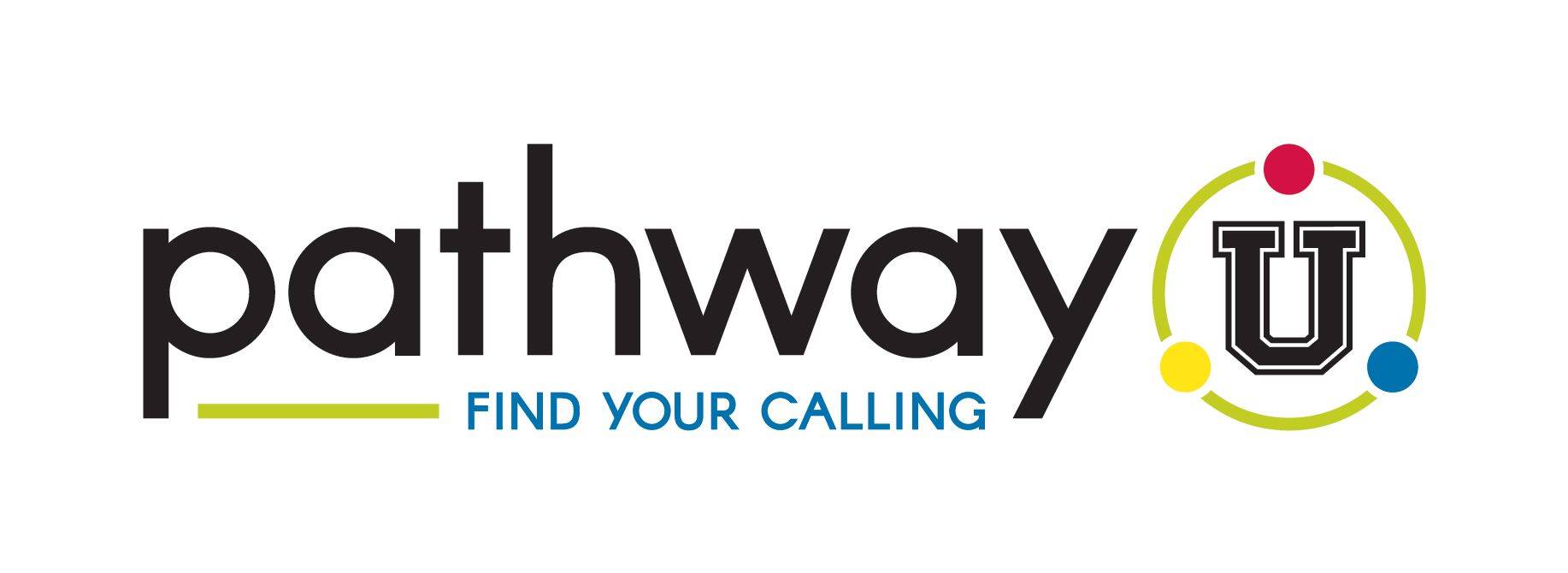

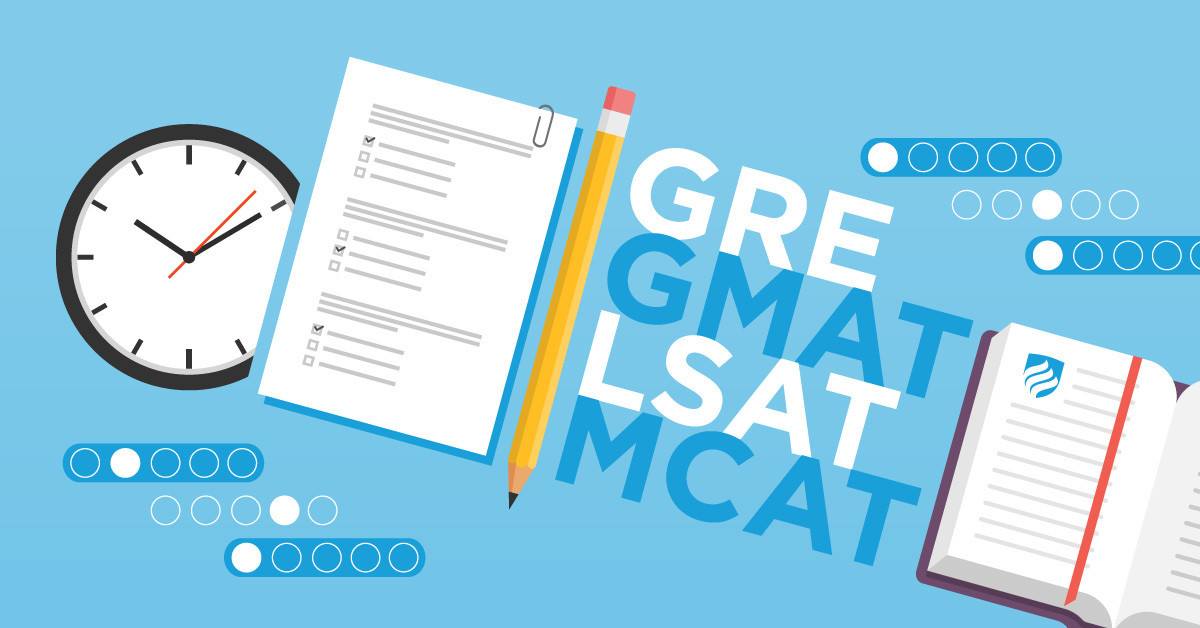
/job-interview-questions-and-answers-2061204-Final-109bcdbb88a34d1a9746a56c96d6c3a4.png)

 Top 10% of the Junior and Senior classes
Top 10% of the Junior and Senior classes Theater Honor Society
Theater Honor Society National Criminal Justice Honor Society
National Criminal Justice Honor Society Business, Management, and Administration Honor Society
Business, Management, and Administration Honor Society Music Education Honor Society
Music Education Honor Society National Social Work Honor Society
National Social Work Honor Society History Honor Society
History Honor Society Education Honor Society
Education Honor Society


 Tutoring
Tutoring


 Testing Center
Testing Center










